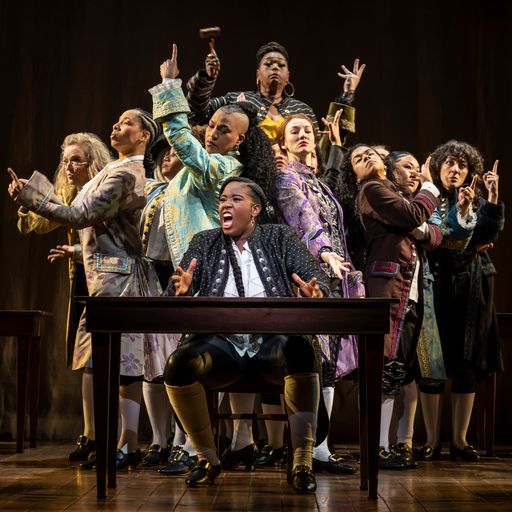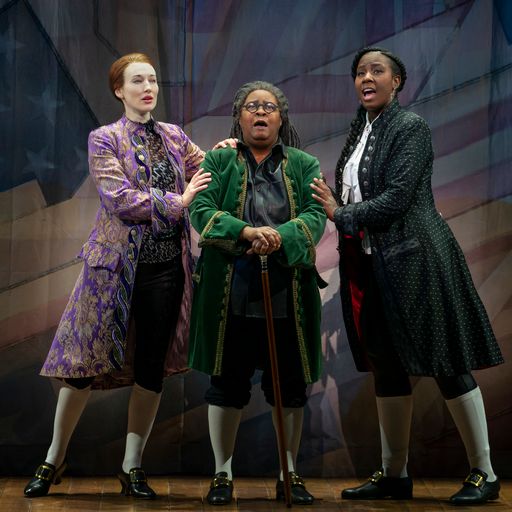"The Bandaged Place-- A Strikingly Powerful New Play
By Joseph Cervelli
"The Bandaged Place" at the minuscule Black Box Theater is not an easy play to sit through. If you have ever been a victim of physical abuse by a significant other you will find what transcends here to be a disturbing experience. Yet, that does not mean that this strikingly powerful play by Harrison David Rivers is anything less than superb with realistically acted performances that can have you close to tears and movingly directed by David Mendizabal.
Jonah Irby (Jharden DiShon Milton) has gone through a horrifying experience that leaves him physically and emotionally damaged so badly that has him not wanting to leave his apartment despite a restraining order. His boyfriend Ruben Torres (a perfectly menacing Anthony Lee Medina) we are told in a fit of rage has broken his knee and later to discover had done more. We don't see Ruben right away but when he eventually appears whether in real time or a few dream like sequences his serpentine movements along with the ominous sound design by Mauricio Escamilla is chilling. Jonah has a feisty eight year old daughter Ella (a very fine and believable Sascha Manuel) whom he had with a friend back in high school. Manuel alternates the roles on other days with Phoenix Noelle. Ella's mother takes off leaving her daughter with Jonah who is was too young to take care of her so goes to live with Jonah's strict grandmother Geraldine Irby (an exceptionally fine Stephanie Berry). Jonah also lived with Geraldine when his own mother and boyfriend disappeared. Both he and his grandmother have always had a very contentious relationship which explodes with some unkind statements by Jonah in the latter half of this one act play.
Ella has a wonderful relationship with her gay dance instructor Sam Yates (a first rate Jake Ryan Lozano). Jonah has started to leave the apartment but always late or forgetful in picking up his daughter from dance class while he himself is a member of a Harlem dance company. His being neglectful of going for his daughter causes a kind of rift between him and Sam when the latter suggests he needs to be more attentive to his daughter's needs. It is no surprise what exactly is going to eventually transpire between both men.
There is a great deal that goes on in this play. And something that occurs before the ending that might have your heart pounding. What really stands out are the memorable performances. Jonah is an emotionally and physically broken man whom Milton conveys ideally. He is almost always in a dazed like condition As much as he wants to stay away from his psychotic boyfriend he is still in love with him. And when he says over the phone he will always love him you don't but somehow do understand. There is a very pertinent and transfixing dream like sequence where both Jonah and Ruben do a kind of danse macabre with each trying to take control over the other. It is an exhausting number and both actors are quite outstanding under the fight director Rocio Mendez's and choreographer Tislarm Bouie's guidance
Berry is a treasure as Geraldine who is exhausted from trying to control her granddaughter and make her a better person while trying to get her grandson to be more relevant in his daughter's life. She recites a prayer which is so effective while staring at one of two mirrored walls (scenic design by Wilson Chin.) One wall represents the dance studio and the other is above the bed on the other side of the stage. The meaning seems to be that the characters appear to be in an inescapable situation until they have the fortitude to make that change.
"The Bandaged Place" is one of the best plays of the season, thus far.
PHOTOS: JOAN MARCUS
Tickets are available at the Harold and Miriam Steinberg Center for Theatre at 111 West 46th Street. Closing date is December 18.











.jpg)
.jpg)
.jpg)





































